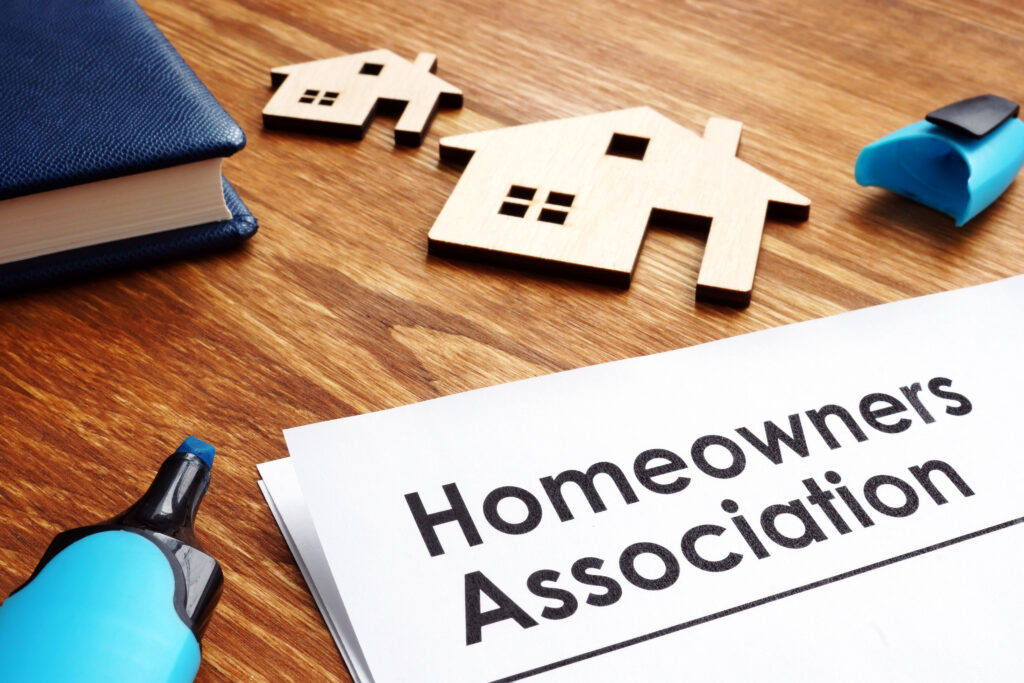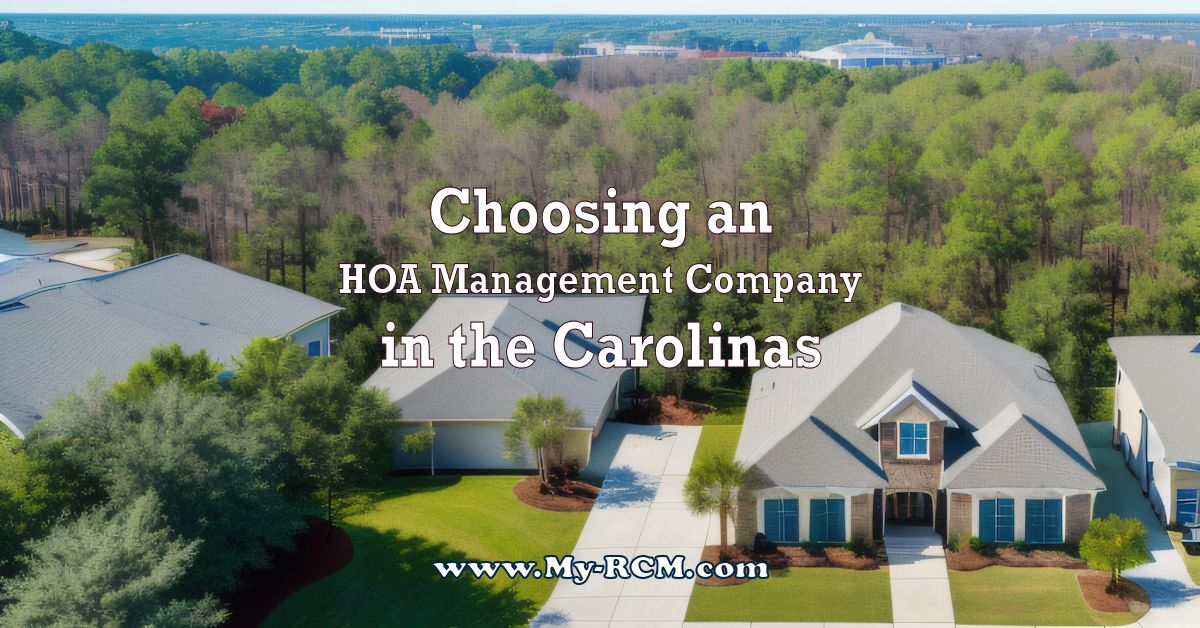From Financials to Maintenance: Grasping the Art of HOA Management for Community Associations
Taking care of an area organization calls for a fragile balance between economic responsibilities, reliable interaction, and reliable upkeep operations. From managing budgets and economic statements to coordinating upkeep tasks and imposing regulations and policies, HOA monitoring can be a complicated art that demands a diverse collection of skills. In this discussion, we will explore the various facets of HOA administration, from the complexities of financial monitoring to the relevance of keeping a well-functioning neighborhood. By delving right into these essential areas, we aim to give useful insights and approaches for grasping the art of HOA monitoring, leaving you equipped with the expertise and tools required to navigate the challenges that may arise within your area association.
Recognizing Financial Responsibilities
What are the key economic obligations that area associations require to recognize and handle effectively? Neighborhood organizations play a vital function in handling the financial resources of their neighborhoods. hoa management san antonio. To make sure the economic health of the organization, a number of key duties need to be recognized and taken care of properly
Most importantly, community associations should establish and maintain a thorough spending plan. This involves properly approximating costs and profits resources, such as month-to-month charges, unique evaluations, and rental earnings. A tactical budget plan allows organizations to allot funds for necessary expenses, such as maintenance and repair work, insurance policy premiums, and reserve funds for future resources tasks.
One more crucial economic duty is the collection of assessments and dues. Community organizations should make certain timely and effective collection of these fees to cover functional expenditures and keep the monetary stability of the association. This includes executing a clear and transparent settlement plan, attending to delinquencies quickly, and enforcing any kind of essential lawsuits.
Additionally, area organizations ought to keep precise monetary records and prepare regular economic statements. These statements offer a clear image of the organization's economic wellness, consisting of revenue, expenditures, and books. Regular financial reporting permits board members and house owners to track the association's economic efficiency and make educated decisions relating to budgeting and investing.
Finally, community associations must abide with all suitable monetary policies and tax obligation demands. This consists of filing tax obligation returns, keeping proper paperwork, and adhering to any kind of legal responsibilities related to economic management.
Reliable Communication and Cooperation
Reliable interaction and cooperation are necessary for effective HOA management and promoting a cohesive community. Neighborhood organizations depend on effective communication to distribute vital details, address issues, and make certain transparency. A clear and constant line of interaction between the HOA board, locals, and home monitoring is crucial for a well-functioning neighborhood.
One method to advertise reliable communication is through regular newsletters or e-mails that give updates on neighborhood occasions, tasks, and vital statements. This permits homeowners to stay notified and involved in the area. In addition, developing open lines of interaction via neighborhood discussion forums or town hall conferences can give a system for residents to articulate their point of views, ask inquiries, and add to decision-making processes.
Partnership is similarly crucial in HOA administration. Motivating partnership amongst board committees, locals, and members promotes a sense of ownership and shared responsibility. By involving homeowners in the decision-making procedure and actively seeking their input, the community organization can create a more comprehensive and unified setting.
To help with reliable partnership, HOA administration should develop clear goals and objectives, delegate duties, and urge team effort. Regular conferences, both formal and casual, offer an opportunity for stakeholders to review ideas, address problems, and job in the direction of usual objectives. By fostering a joint environment, area organizations can harness the diverse abilities, understanding, and viewpoints of their locals to drive favorable change and boost neighborhood living.
Streamlining Upkeep Operations
Enhancing upkeep procedures is crucial for reliable and affordable HOA administration. By applying efficient methods, community associations can make certain that maintenance tasks are brought out efficiently and in a timely way, minimizing interruptions and making the most of resident satisfaction.

Furthermore, making use of modern technology can significantly improve upkeep procedures. Executing a digital upkeep management system (CMMS) allows associations to track job orders, schedule precautionary upkeep, the original source and maintain an arranged document of upkeep activities. This not just boosts efficiency but likewise supplies a responsible and clear system for both homeowners and monitoring.
Moreover, outsourcing certain maintenance jobs can also simplify operations. By working with specialized professionals for jobs such as swimming pool upkeep or landscape design, organizations can make sure that these jobs are handled by experts with the needed expertise, liberating internal sources to concentrate on other aspects of HOA management.
Prioritizing Guidelines and Regulations
To guarantee organized and effective neighborhood living, prioritizing and enforcing policies and rules is important for effective HOA monitoring. hoa management san antonio. Neighborhood associations depend on a collection of guidelines to maintain an unified atmosphere and protect residential property values. By clearly specifying and prioritizing guidelines and regulations, HOA administration can make sure that residents recognize their obligations and expectations
Among the initial steps in focusing on guidelines and rules is to recognize those that are most essential for the area's well-being. This might involve performing a complete review of the existing regulations and policies and identifying any type of gaps or areas that require enhancement. It is crucial to include area members in this procedure to guarantee their buy-in and to address any suggestions or issues they might have.
As soon as the most important policies and laws have been determined, HOA administration have to guarantee that they are properly interacted to citizens. This can be done via various means, such as newsletters, emails, neighborhood conferences, and publishing notifications alike locations. Consistent and clear communication is vital to make sure that locals recognize the laws and guidelines and recognize the effects of non-compliance.
Enforcement of moved here regulations and rules is equally vital in preserving a well-functioning area. HOA management must establish a consistent and reasonable enforcement procedure, which may consist of warnings, fines, and other appropriate procedures. hoa management san antonio. It is necessary to strike a balance between enforcing the laws and regulations and keeping favorable partnerships with citizens
Navigating Legal and Compliance Issues
Navigating legal and conformity problems is crucial for HOA management to ensure adherence to regulations and guidelines. Area associations must run within the bounds of the legislation to keep the depend on and confidence of stakeholders and homeowners. Failing to comply with lawful needs can cause lawful disputes, penalties, and damages to the association's credibility.
To browse these problems successfully, HOA administration need to remain upgraded on government, state, and neighborhood legislations that control area organizations. This consists of understanding regulation related to fair housing, building, tax, and employment monitoring. Conformity with these regulations includes carrying out policies and treatments that secure the legal rights of home owners and make certain transparency in monetary and functional matters.
In enhancement to lawful obligations, HOA management need to likewise adhere to the organization's controling papers, such as the bylaws, problems, agreements, and constraints (CC&R s) These documents outline the guidelines and laws that regulate the neighborhood and might include provisions concerning building maintenance, building standards, and conflict resolution processes.

Conclusion
In verdict, mastering the art of HOA management for area organizations calls for a comprehensive understanding of monetary responsibilities, reliable communication and cooperation, simplifying upkeep operations, prioritizing rules and policies, and navigating lawful and compliance problems. By effectively carrying out these approaches, area organizations can make certain the smooth performance and total wellness of their neighborhoods.
By delving right into these key locations, we aim to give beneficial insights and methods for understanding the art of HOA administration, leaving you equipped with the knowledge and devices needed to navigate the challenges that may emerge within your neighborhood association.
Area associations play a crucial function in handling the finances of their neighborhoods. Community organizations should guarantee effective and prompt collection of these costs to cover functional costs and maintain the financial security of the association. By cultivating a joint setting, area organizations can harness the varied skills, knowledge, and point of views of their citizens to drive positive change and enhance neighborhood living.
To navigate these issues properly, HOA monitoring ought Your Domain Name to remain updated on federal, state, and regional regulations that govern neighborhood associations.